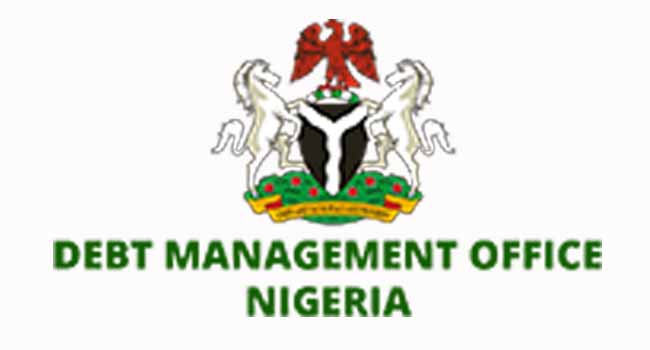A recent report by the Debt Management Office (DMO) has revealed that Nigeria expended N2.34 trillion on debt servicing over the span of six months. The data highlights a substantial slowdown in debt servicing expenses during the second quarter of 2023, amounting to N849.58 billion. This marks a notable 43.04% decline compared to the N1.49 trillion spent on debt servicing during the first quarter of the year.
The DMO’s data for the first quarter of 2023 indicates that Nigeria allocated N874.13 billion for servicing domestic debt and $801.36 million, equivalent to N617.35 billion, for external debt servicing, resulting in a total of N1.24 trillion. Domestic servicing costs accounted for N565.88 billion, while external debt servicing reached $368.26 million, equivalent to N283.7 billion, culminating in a combined total of N1.24 trillion.
The exchange rate utilized by the DMO for external debt servicing was $1 to N770.38. It is noteworthy that, unlike the previous quarter, no funds were earmarked for servicing loans from the Exim Bank of China in the first quarter of 2023, as reported by the DMO.
The decline in debt servicing expenditure during the second quarter of 2023 comes as a notable development in Nigeria’s economic landscape. The reduced spending in this area could free up resources for other critical sectors and developmental projects.
This change in spending pattern reflects efforts by the government to manage its debt obligations more efficiently, optimizing the allocation of resources amid a challenging economic environment. The decrease in external debt servicing costs may also suggest an improvement in the country’s debt management strategies.
However, it remains essential for Nigeria to strike a balance between servicing its debt and investing in crucial sectors such as infrastructure, education, and healthcare, which are pivotal for long-term economic growth and development.
As the nation continues to navigate its fiscal challenges, the management of debt remains a crucial aspect of economic policy. Nigeria’s ability to efficiently handle its debt obligations will play a significant role in shaping the nation’s economic future.















